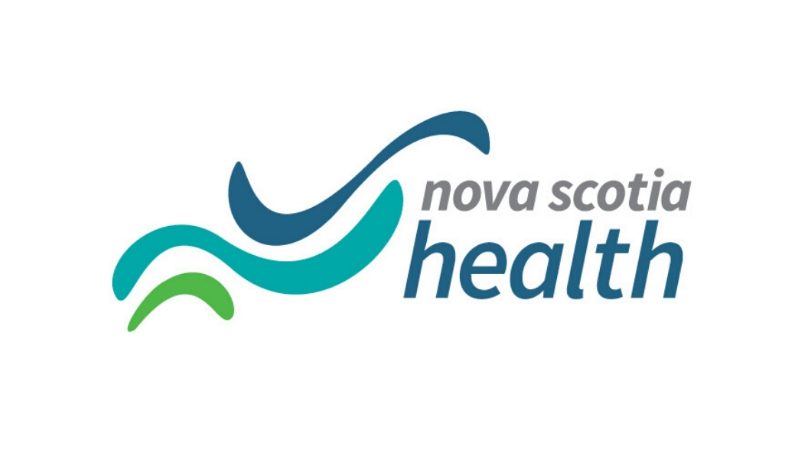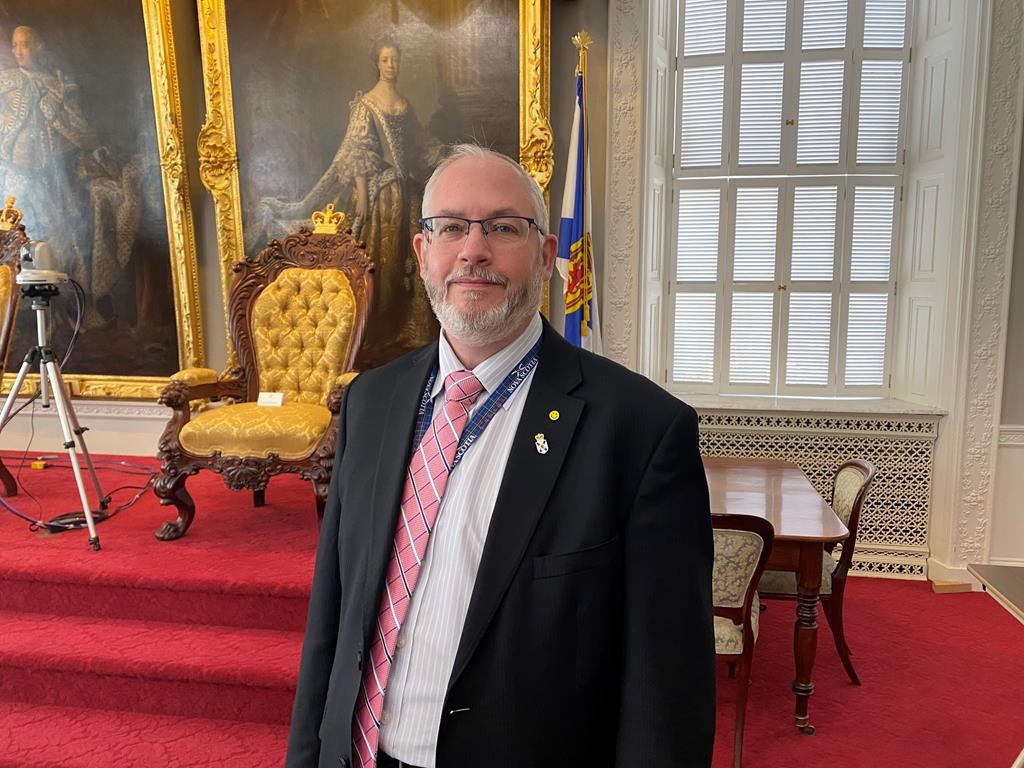Youth should be involved in decisions affecting them: panel discussion
Posted Jun 15, 2022 03:15:00 PM.
Nova Scotia’s youth should be involved in decisions affecting their well-being and rights, a panel discussion hosted by Dalhousie University heard Tuesday night.
Panelist Jack Baker, a Halifax high school student, said such involvement should go beyond advisory roles teens and other young people undertake.
“Youth can be decision-makers,” he said. “They’re engaged in making powerful, meaningful and substantial choices in our society. They want to help their peers, they want to support their schools and their communities and really shape the world.”
Baker, who’s about to graduate from Citadel High School, said “it’s hard for youth to stand up for themselves sometimes.”
He said if young people are facing an issue, “it’s more difficult for them to address it on their own accord because of the underrepresentation we have in the political process.”
Baker said he supports the province’s proposed commission for children and youth, which is to be independent of government.
“It’s also important for any commission to have a youth-advisory committee so that youth are always involved in the decision process,” he said.
Aside from traditional, youth-advisory positions being offered to volunteers, real decision-making has been talked about by youth advocates for years. For instance, there’s the debate around lowering the voting age.
Last year, an NDP MP tabled a private member’s bill in the House of Commons that would allow 16-year-olds to vote. In 2005, a Liberal MP’s bill that would give the vote to that cohort was defeated.
The online-only panel talk followed the release in April of a Dalhousie-led study that examined child-welfare in this province. The One Chance to be a Child report was described by its authors as “a look at how children and youth are doing in Nova Scotia … based on best available data and the input of young people.”
It said most children are doing well. But kids and teens who aren’t, were subject to such “key threats” as “peer-to-peer bullying, discrimination, violence and poverty.”
A child from an impoverished household “may face increased parental stress, and that impacts the quality and amount of time available for parent-child interactions,” said the report, prepared by researchers with Dalhousie’s Department of Pediatrics and Healthy Populations Institute, a multi-faculty group.
“Similarly, a child or youth experiencing poverty may face shame and stigma in the form of bullying or discrimination,” it said.
Child-welfare advocates in Nova Scotia have long urged the government to bring about strong policy to help combat child poverty.
At Dal’s panel discussion, speaker Laura Stymiest, a pediatrician at the IWK Health Centre who co-led the development of the report, said researchers heard “from young people directly. And really, their input ultimately guided what was included in the report.”
Panelist Lisa Lachance, New Democratic Party MLA for Halifax Citadel-Sable Island, said changes on the child-welfare front are necessary, and elected officials must act because “there’s a real urgency.”
Her son, Jason Atsiaq Gass-Lachance, said “youth need to be heard by our government.”
A 2021 graduate of the Bedford and Forsyth Education Centres, he said “kids need to know about how they can be involved and know that they are welcome to be involved.”
Another panelist, New Brunswicker Christian Whalen, a lawyer who’s worked in private practice and the public sector in his home province, including serving as the acting child and youth advocate for New Brunswick, said the Nova Scotia study examining the situation here is “a roadmap for progress.”
He said an annual look at child welfare would give youth advocates and policy makers a better idea of trends and priorities.
“It does need to be continued,” said Whalen. “It can’t just be a once-and-done.”
The One Chance to be a Child report acknowledged there are gaps in the data, “particularly around child rights.”
One of the study’s recommendations said the provincial government should pass a law requiring a “child-rights impact assessment be submitted when considering new legislation, policy, or relevant child-focused programs and services.”
Dalhousie’s panel talk was presented by the university’s MacEachen Institute for Public Policy and Governance in collaboration with the Healthy Populations Institute.
Michael Lightstone is a freelance reporter living in Dartmouth










